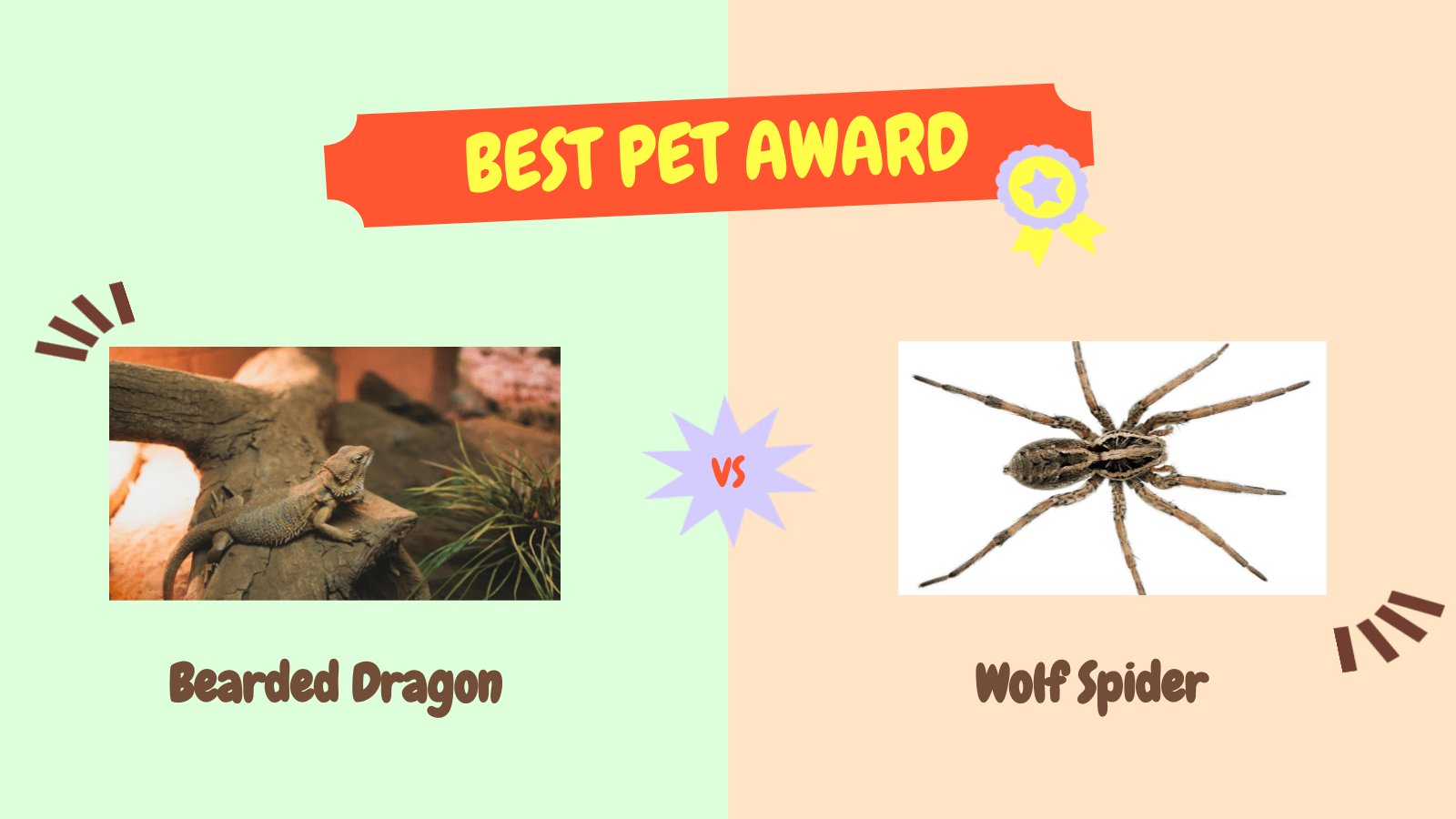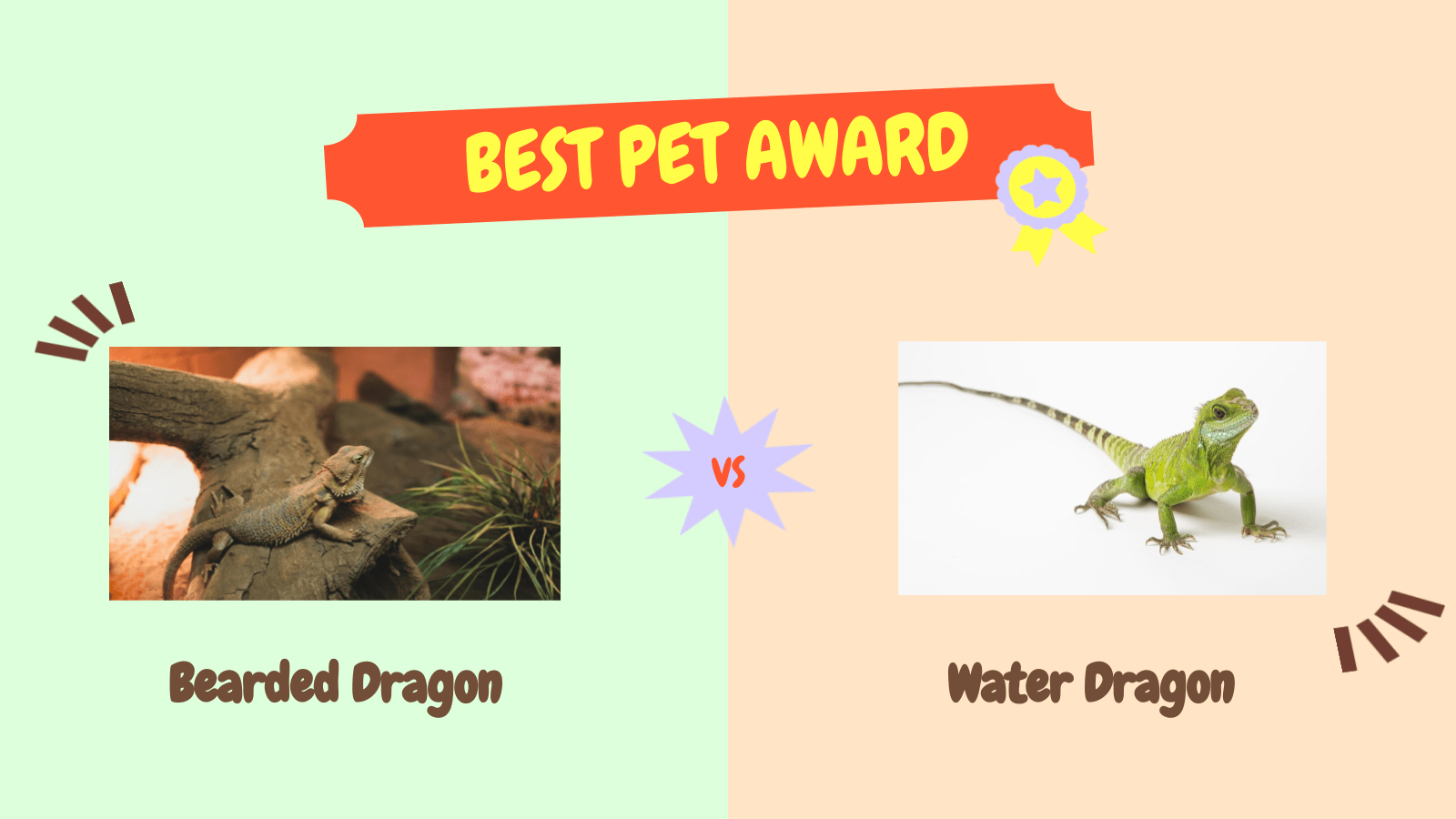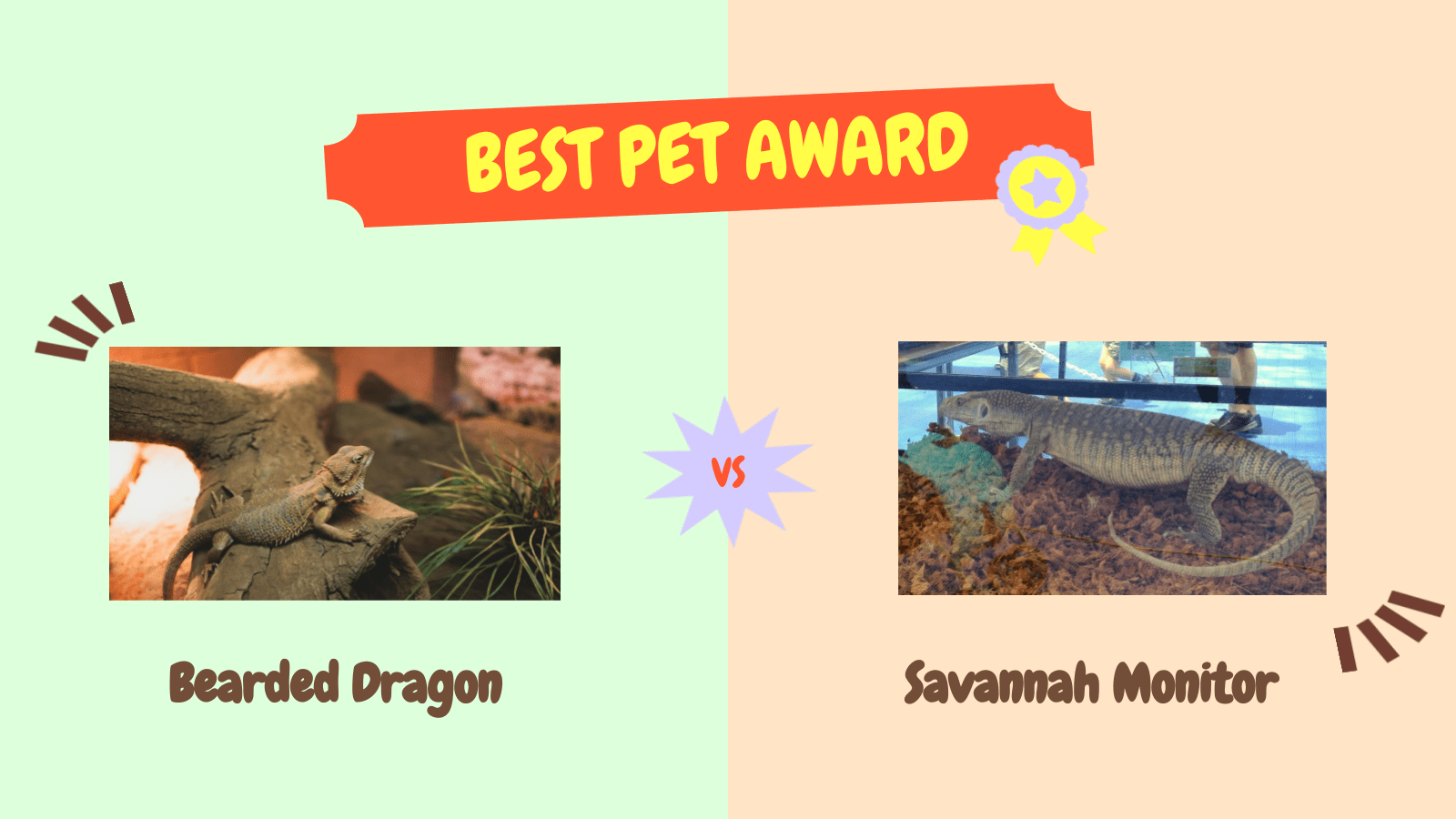Do you ever watch your bearded dragon nod off and wonder, “Why is my pet bobbing its head in sleep?” It’s a common, yet puzzling behavior.
Are you curious to uncover the mystery behind it? The reasons might surprise you.
Together, let’s delve into the intriguing world of bearded dragon behaviors, shedding light on this peculiar quirk.
5 Understandings of Bearded Dragon’s Head Bobbing While Sleeping
- Instinctive Behavior: The bobbing motion you observe in your bearded dragon while sleeping may be instinctive. It’s an integral part of their behavior in the wild, often used for communication and dominance displays.
- Response to Dreaming: Similar to humans, bearded dragons experience Rapid Eye Movement (REM) sleep, where dreaming occurs. Their head bobbing could be a physical response to their dreams, not unlike our own sleep movements.
- Preparing for Brumation: As bearded dragons prepare for brumation, a form of reptilian hibernation, they may exhibit unusual behaviors like head bobbing. It could indicate that your bearded dragon is readying itself for this natural process.
- Health Concerns: Some health issues may cause your bearded dragon to bob its head while sleeping. Neurological disorders or parasites can lead to unusual behaviors, so it’s essential to consult a vet if you see drastic changes.
- Environmental Factors: Factors such as lighting, temperature, and enclosure size can also impact your bearded dragon’s behavior. If these factors are not optimal, your bearded dragon may bob its head as a stress response, even during sleep.
How to Address Your Bearded Dragon’s Sleep-Bobbing Behavior
As a bearded dragon owner, you might be wondering how to address your pet’s sleep-bobbing behavior. It’s critical to first ensure that this behavior is not stressing out your bearded dragon. If they seem distressed or exhibit other abnormal behaviors, it’s time to consult with a reptile vet.
Maintaining a stress-free environment is fundamental. So, keep their habitat clean, ensure the temperatures are appropriate, and provide a balanced diet. Your pet’s tank should mimic its natural environment as closely as possible.
It’s possible that the head-bobbing is just part of their normal sleep cycle. However, if you notice any changes in appetite, increased aggression, or irregular defecation, these could be signs of a health issue.
Don’t hesitate to seek advice from a professional if you’re unsure. Remember, your pet relies on you for everything, from food to comfort. Always keep their well-being in mind, and make adjustments as necessary to ensure they’re comfortable and happy.
To further extend your knowledge about bearded dragons, here are a few more to explore:
- Why Is My Bearded Dragon Pressing Against the Glass?
- Why Does My Bearded Dragon’s Head Shake?
- What Makes a Bearded Dragon Turn Dark?
Each post offers in-depth insights, giving you all the details you need to take good care of your beardie.
Remember to research and prepare for your pet’s specific needs, and you’ll have a happy and healthy companion for years to come.
Happy pet-keeping!


